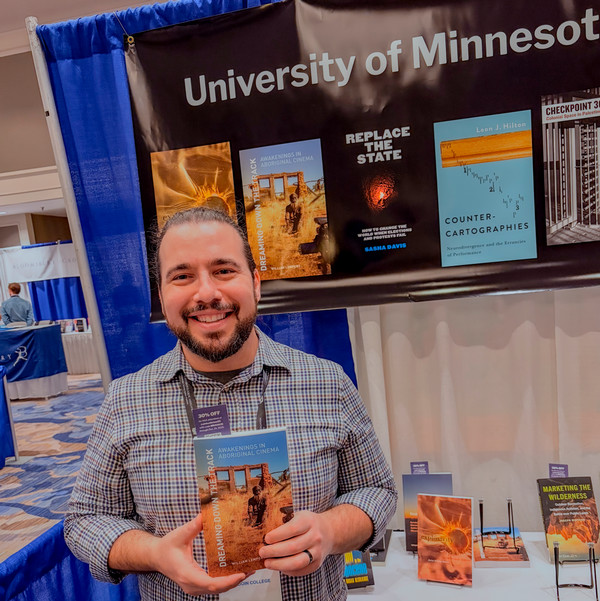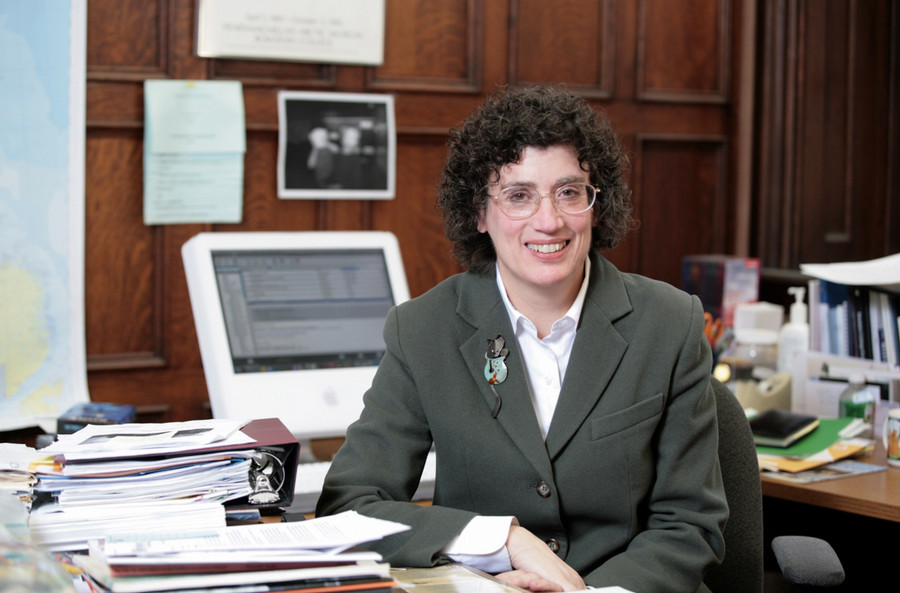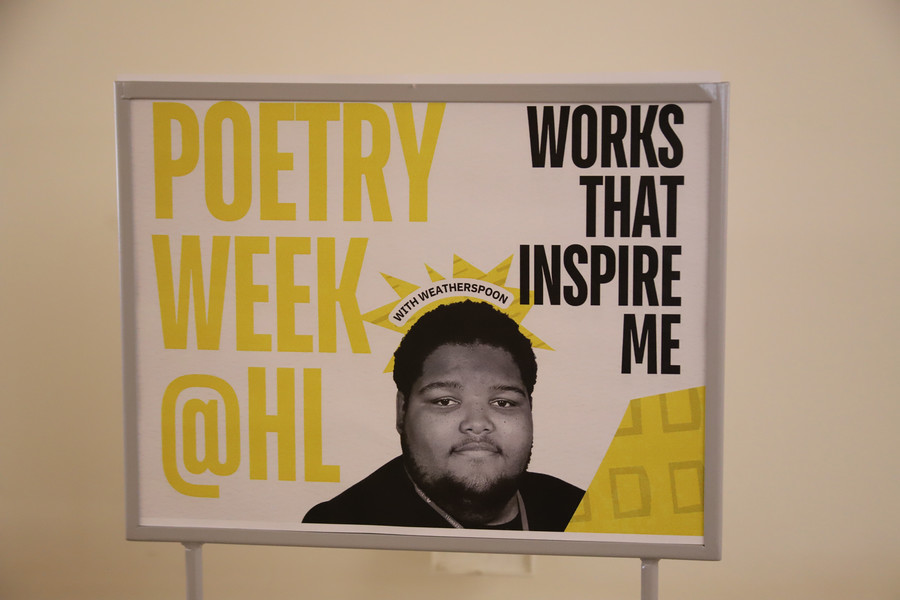Anthropology Students Conduct Far-Reaching Research
By Symone Marie Holloway ’22Riley Research Awards support four to eight weeks of summer research in cultural anthropology and archaeology. Typically, the awards range from $1,800 to $4,000, provided through weekly stipends. These funds may be used to cover travel, room and board, and other research-related expenses.
Recently, three recipients presented their findings at a symposium hosted by the anthropology department.
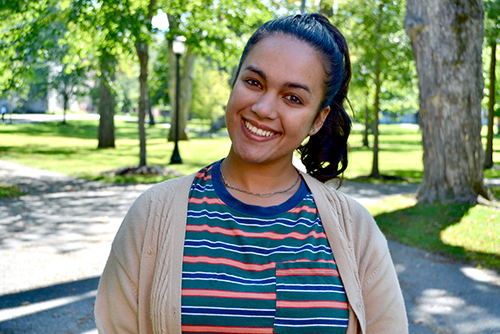
“Uptown-Downtown Jamaica: Exploring Dancehall Culture”
Amanda Rickman ’20 used her award to travel to Jamaica last summer and explore dancehall culture. "Dancehall is a crucial way through which inequalities [in Jamaica] can be understood, due to the tensions, divisions, and contradictions present in the contemporary dancehall space," she said at the symposium.
Rickman noted with good humor that her research had her going out at night. "A lot of my fieldsite time was parties, which was really fun," she said. She attended parties and clubs to observe the different ways dancehall has been affected by the country's class divisions. From Kingston's inner cities to uptown's luxurious clubs, she navigated the interactions between people that occurred in those spaces.
"Generally, I found that uptown Jamaicans had this very idealistic notion of, 'Oh, we're bringing the two classes together and we're forming a unified bond,' where downtown Jamaicans kind of saw that as taking something that didn't belong to them and kind of trying to characterize it in a way that isn't true to the inherent art form that dancehall is," she concluded.
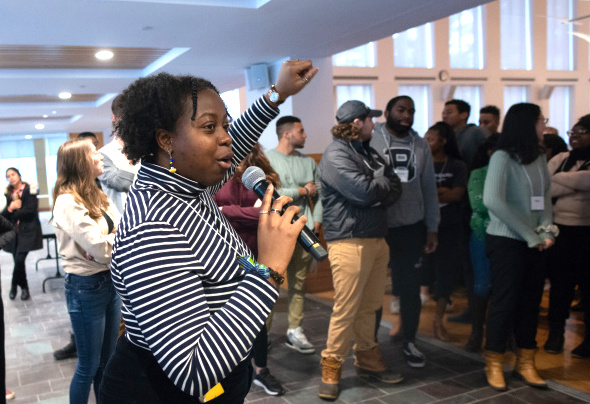
“Politics of Positionality: An Exploration into Black Personhood in Brazilian Universities”
Ellen Gyasi ’20 spent her summer in Brazil exploring the experiences of affirmative action students in universities. "I conducted an ethnographic study in São Paulo consisting of about fifteen participants," she said. Her work in the area began when she studied abroad in São Paulo her junior year.
"I wanted to answer the question, 'what does a state-sanctioned affirmative action policy look like?'" she continued. She cited one example of how it works in practice: "Brazil has an affirmative action law on the books stating that thirty percent of vacancies [in schools] must be reserved for indigenous or black students."
"Lastly," she added, "I wanted to find out more about the students. Who were these scholarship kids?"
Gyasi compiled a day of the life of the students she worked with in São Paulo, and found that they were often faced with long commutes and the need to work jobs and help out at home. This made them often unable to participate in extracurricular activities and relegated them to taking evening classes.
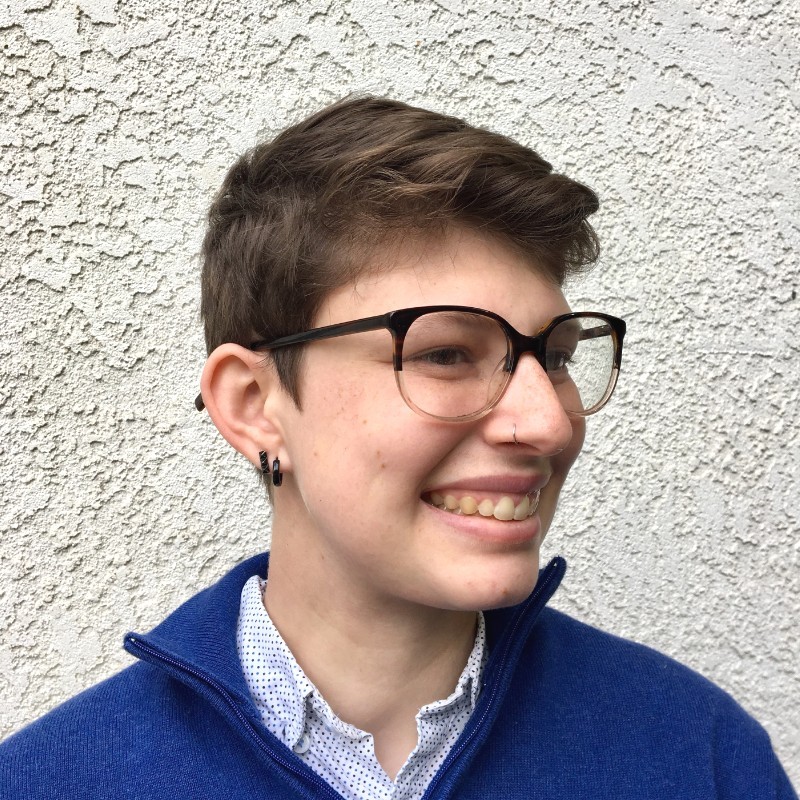
“Lesbian Herstory to Lesbian Present: Identity, Culture, and Community in a Changing Social Climate”
Ari Mehrberg ’21 spent last summer in New York City exploring how lesbians have historically navigated urban spaces. "I was interested in how lesbians living in the city relate to history and how this relationship shapes their understanding of their identities and how they navigate the world," Mehrberg said.
Mehrberg's investigation started with archival research in the Lesbian Story Archives and continued with interviews of lesbians living in the city. "One of the most significant factors that altered the way lesbians were perceived by society was the feminist movement. With the rise of second-wave feminism, many feminists started identifying as lesbians as a political stance—to signify their desire to live separately from men," they said.
Looking forward, Mehrberg wants to find more informants to interview, continue researching archives, and explore the role that bars have historically played in the lesbian community.
